Surprising Facts About Your Brain
The final frontier is not space, it's that thing between your ears.
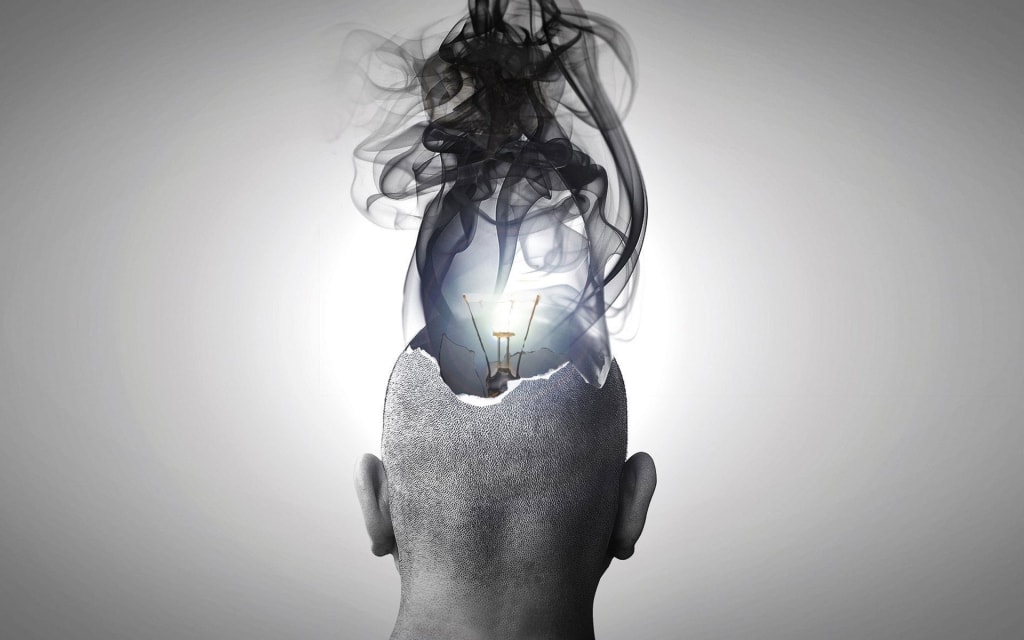
The most complex thing known to man is not the universe, it is between your ears. The approximately three pound supercomputer, the human brain, inside your skull simultaneously processes facts and faces, stores memories, sweeps out toxins, controls movement and speech and makes decisions yet we know only a fraction of what the mind is actually capable of. Thanks to many academics like biologists, physiatrists and philosophers throughout time who’ve studied the brain, our knowledge has grown exponentially proving some of theories about the brain false. These surprising fact about your brain will hopefully open your mind up to the limitless possibilities man is capable of.
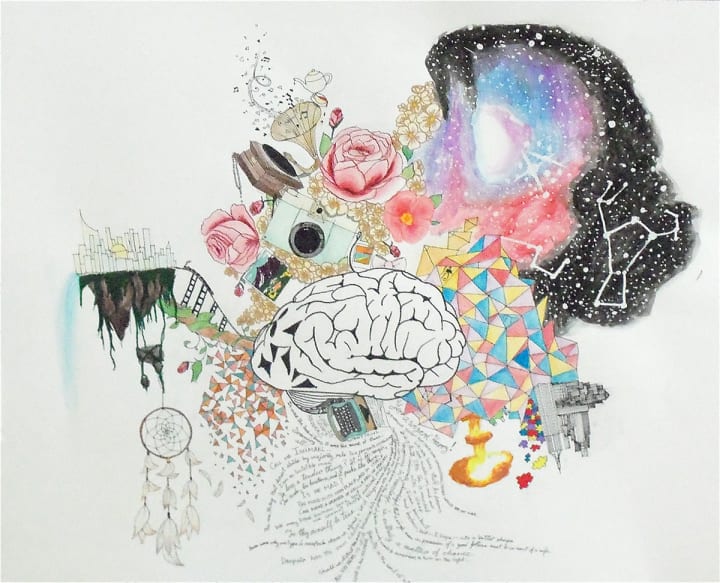
• Your brain is 73 percent water. It takes only 2 percent dehydration to affect your attention, memory and other cognitive skills.
• Ninety minutes of sweating can temporarily shrink the brain as much as one year of aging.
• There are somewhere between 80 and 100 billion neurons (nerve cells) in the human brain.
• All brain cells are not alike. There are as many as 10,000 specific types of neurons in the brain.
• The left hemisphere has almost 200 million more neurons than the right side.
• Sex differences in the brain are controversial, but according to a 2014 study published in the Journal of Neuroscience, the amount of gray matter has a higher percentage in women's brains.
• There is no such thing as a left-brain or right-brain person. We are not left- brained or right-brained; we are ‘whole brained.’ Our brain uses simultaneously both logical and creative aspects when making any decision.
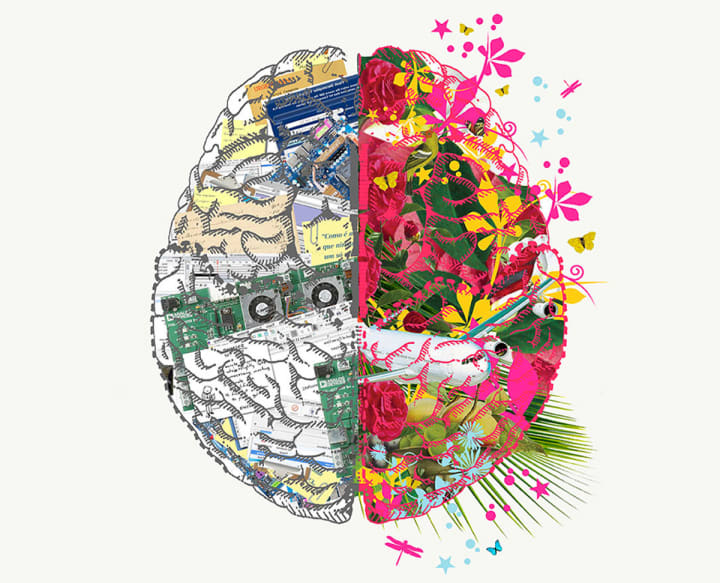
• Gray matter is thought to be attributed to performance on language tasks.
• Research suggests that regular exercise may lead to increased gray matter inside the hippocampus.
• Gray matter, which makes up 40 percent of the brain, only turns gray after brain death.
• Research has linked media multitasking (i.e. using smart phones and computers) to lower gray matter density in the brain's anterior cingulate cortex. This is an area involved in cognitive and emotional processing.
• White matter which makes up the other 60% of the brain insulates axons and increases the speed at which electrical impulses travel.
• The axons in your brain could span a distance of 100,000 miles. That's four times around the Earth.
• Twenty-five percent of the body’s cholesterol resides within the brain. Cholesterol is an integral part of every brain cell. Without adequate cholesterol, brain cells die.
• Five minutes without oxygen can cause brain damage.
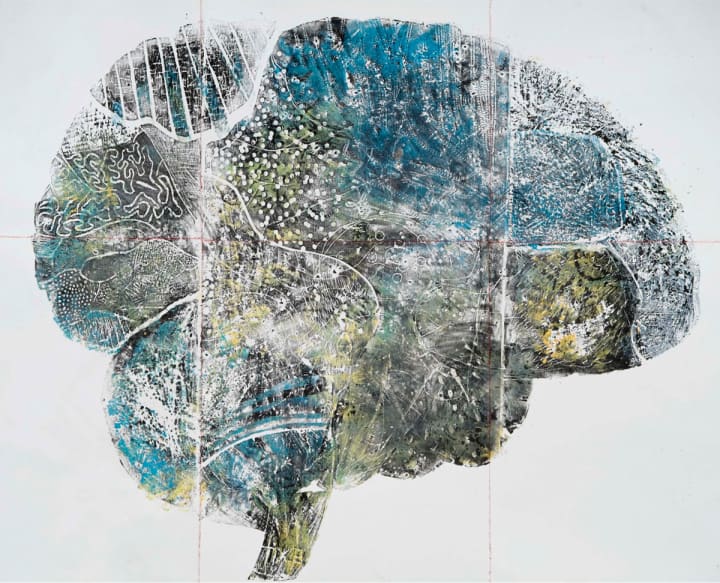
• By age of 25 that the human brain reaches full maturity.
• Brain information can travel anywhere between 1 mph and 268 miles per hour.
• Your brain generates about 12-25 watts of electricity. This is enough to power a low wattage LED light.
• Your brains uses 20 percent of all oxygen and blood in your body.
• Men’s brains are 10 percent bigger than women’s. Size has nothing to do with intelligence. Larger brain is only as scientists can see is due to taking into account of a larger body size.
• Brain cells cannibalize themselves as a last ditch source of energy to ward off starvation.
• There are no pain receptors in the brain, so the brain can’t feel pain.
• The brain’s storage capacity is thought to be virtually unlimited. It doesn’t get ‘used up’ like a hard drive on your computer.
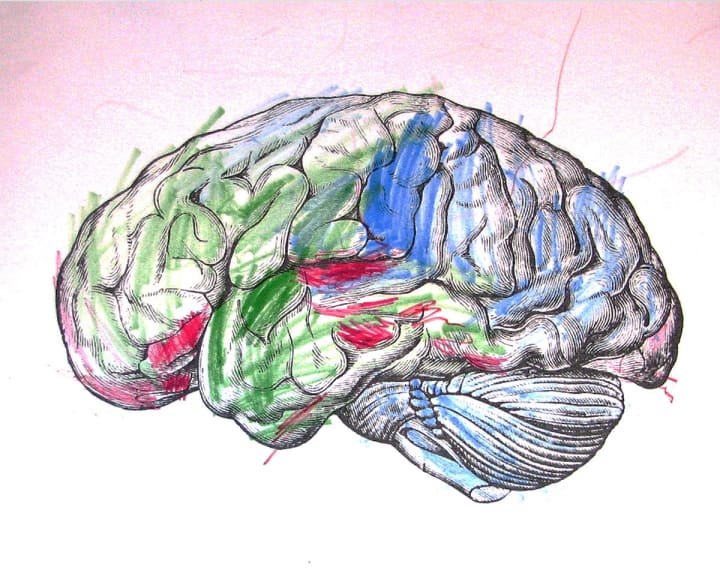
• The popular myth that we use only 10 percent of our brains is wrong. Modern brain scans have shown that we use most of our brain most of the time, even when we’re sleeping.
• More than half the brain is made of fat.
• The bigger the brain the smarter you are is a myth. Research has shown that our brains as a species has shrunk over time while becoming more efficient.
• The frontal lobe of the brain can take a lot of wear and tear, but the brain stem that connects to the spine cannot. Even moderate damage to the brain stem can be fatal.
• The wrinkles in our brain, called gyri, increase the surface area letting it pack in more memory-storing and thought-producing neurons.
• Channeling inner peace has been linked to production of more gyri in the right anterior dorsal insula, which may correspond with focus, introspection and emotional control.
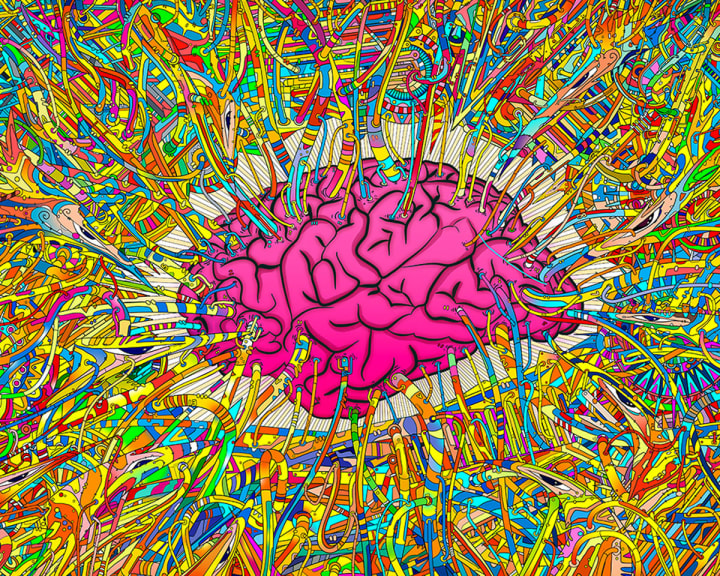
• Probiotic bacteria, the "good" gut bacteria, may have the potential to alter neurochemistry and help lower levels of the stress hormone corticosterone.
• Yawning cools down the brain. Sleep deprivation raises brain temperature.
• Studies show that we have approximately 70,000 thoughts a day.
• Our brains can scan and process complex images in as little as 13 milliseconds.
• The brain region that controls vomiting is the only area immune to the blood- brain barrier. This useful function lets your brain detect and essentially ‘throw up’ noxious substances out of your body.
• Despite what you’ve heard, alcohol doesn’t kill brain cells. It actually damages the connective tissue at the end of neurons.
• High cholesterol, only in the brain though, has been linked to reducing your risk of dementia.
• A memory that stored in the brain is deconstructed and distributed throughout different parts of the mind. When recalling it, the memory gets reconstructed from the individual pieced together fragments.
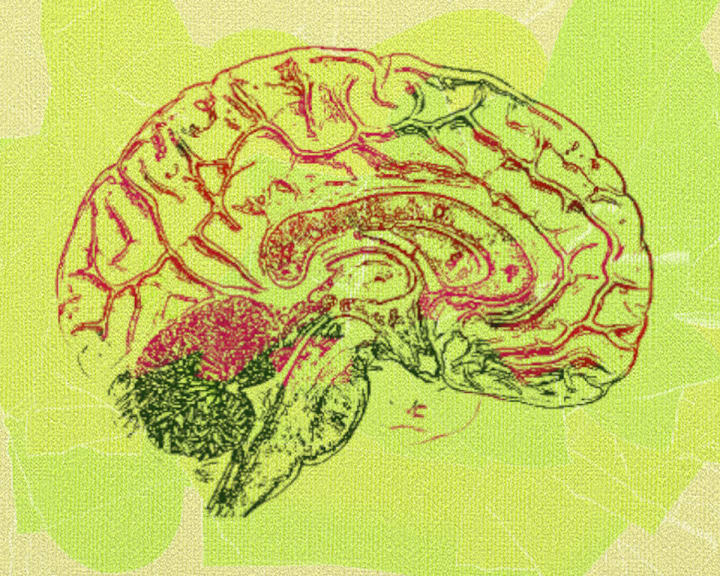
• Memories triggered by scent have a stronger emotional connection, therefore appear more intense than other memory triggers.
• It takes 6 minutes for brain cells to react to alcohol.
• When you are in a alcohol blackout, your brain is incapable of forming memories.
• Research has observed that 95 percent of all decisions made take place in your subconscious mind.
• New brain connections are formed every time you retain a memory.
• The smell of chocolate increases the theta brain waves that are responsible for the feeling of relaxation.
• Brain scans have shown that the brain releases as much dopamine during an orgasm similar to if someone was on heroin.
• According to research the brain treats rejection like physical pain.
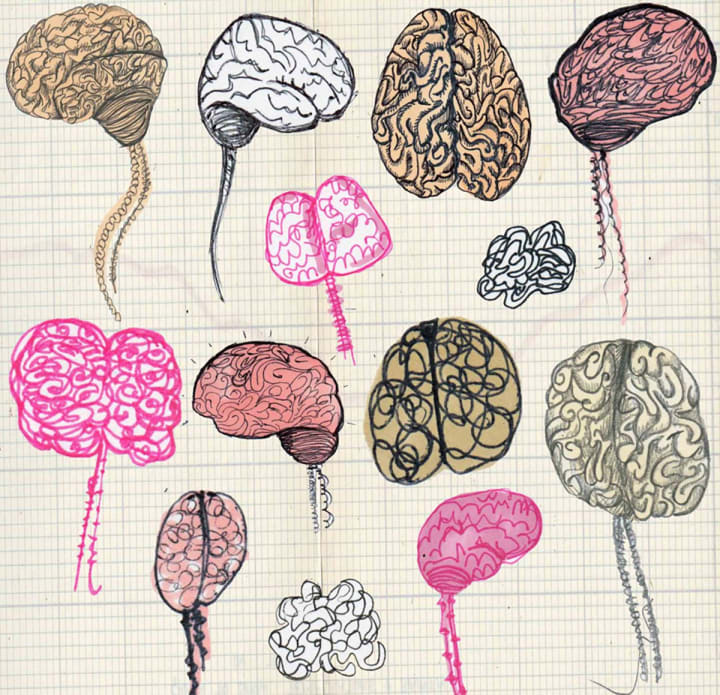
• Music triggers activity in the brain that releases the ‘pleasure feel good’ chemical that’s linked to eating and sex.
• Comparing a normal brain scan to someone who has autism, there is virtually no difference.
• You can’t tickle yourself because your brain distinguished between unexpected external touch and your own touch.
• The brain named itself.
About the Creator
George Gott
Writer & Social Media Editor for Jerrickmedia who is an avid reader of sci-fi and a fierce defender of women, minority, and LGBTQ rights.


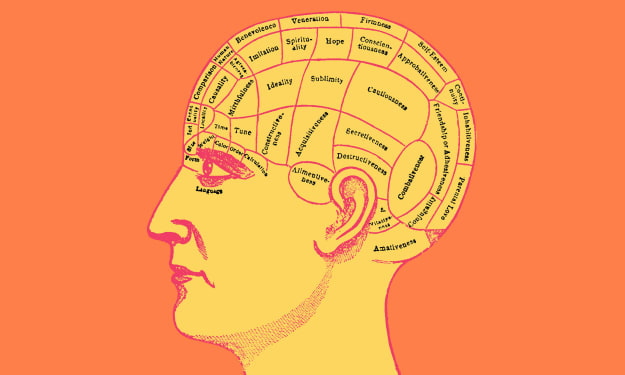



Comments
There are no comments for this story
Be the first to respond and start the conversation.